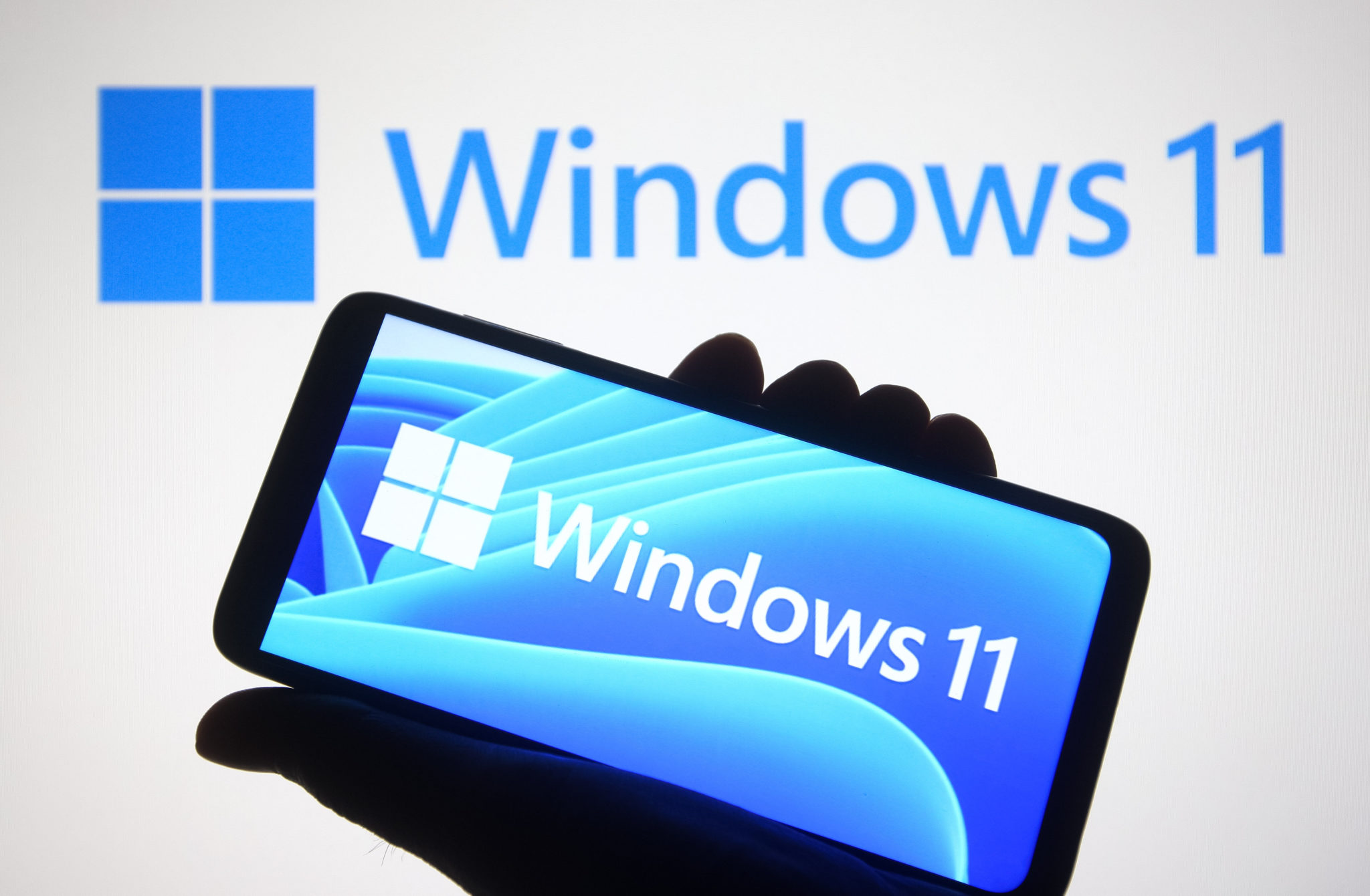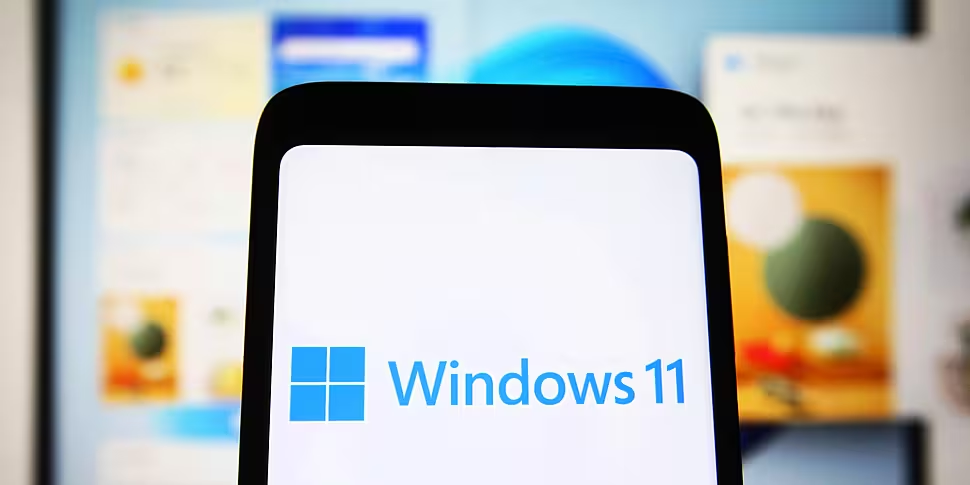Microsoft officially unveiled its new operating system Windows 11 this week which will replace the current version in the coming years.
The free update is expected to be available for users later this year.
It follows the last update issued by Microsoft of its operating system update, Windows 10, in 2015.
Speaking to Newstalk's Technology Correspondent Jess Kelly on this week's Tech Talk, Ciara O'Brien for the Irish Times discussed the key features of the new operating system.
"From October, we will be able to download Windows 11 and the feeling about Windows 11 so far is that it's not a big shock in the way Windows 8 was," she said.
"Windows 10 smoothed over a lot of people's ruffled feathers over Windows 8 because it didn't sit well with people and was a lot more familiar operating system and it still did what Microsoft wanted it to do and it moved things forward a bit.
"Windows 11 builds on that, so you're not going to see a massive difference, it's not going to be a complete nuclear wipeout of Windows 10 and then start again on Windows 11, it's kind of building on the successes."
Ms O'Brien said Windows 8 committed the "cardinal sin" of getting rid of the Start menu which people didn't appreciate.
"With Windows 11, they are changing the Start menu but not in the same way that they did with Windows 8, they're not getting rid of it, they're just moving it slightly," she said.
The menu will move to the centre of the bottom of users' screens with Windows 11, while Live Tiles will also be removed, which "isn't a big loss" according to her.
"The biggest change that Windows 11 makes is that Android apps will now be supported, and that's huge," Ms O'Brien explained.
"When you think of the amount of Android devices out there, there's billions of them, so I think it's a smart move.
"Microsoft has been trying to integrate the mobile and the desktop experience for a while, they tried their own mobile operating system, that didn't work, so I think bringing in the Android apps will help.
"It's not just Apple and Microsoft that have been trying to and blurred the lines between desktop and mobile, you saw it with Samsung, so the whole point is people don't work off one device anymore, they don't work off a desktop or a laptop or a mobile or a tablet, they work off several."
 File photo. Credit: Pavlo Gonchar / SOPA Images/Sipa USA
File photo. Credit: Pavlo Gonchar / SOPA Images/Sipa USAAnother aspect of Windows 11 that Ms O'Brien believes will be welcomed by users is a universal microphone mute button.
This control button will mute all apps in use at once, such as Zoom or Microsoft Teams.
The updates will also be made "a lot easier", she added.
She said: "Basically, what they're going to do now is they're going to make those updates a lot smaller, around 40% smaller, and they will work in the background."
Changes will also be made to the user interface.
As well as getting rid of Live Tiles, there will also be snap layouts, meaning that if you use multiple monitors, the system will remember which programs you like to use on each specific screen.
"They're also going to bring in widgets, there's a certain amount of widgets in Windows 10 but they're developing this even further so you'll be able to swipe in and have widgets for news etc, so basically all your updates will be there," Ms O'Brien said.
Skype
Teams is also going to be integrated into the Windows consumer version so that will probably "leave Skype a little bit up in the air", she added.
"I think it's also going to irritate some of Microsoft's rivals because there is a tussle there between Teams and Slack," Ms O'Brien continued.
"In general, they're rounding out all the sharp edges in the user interface, it's basically just a cleaner look.
"But a lot of it is going to be familiar, if you're a Windows 10 user, this is not going to be a massive shock."
The expectation is that the Windows 11 update will be ready for release around October.









